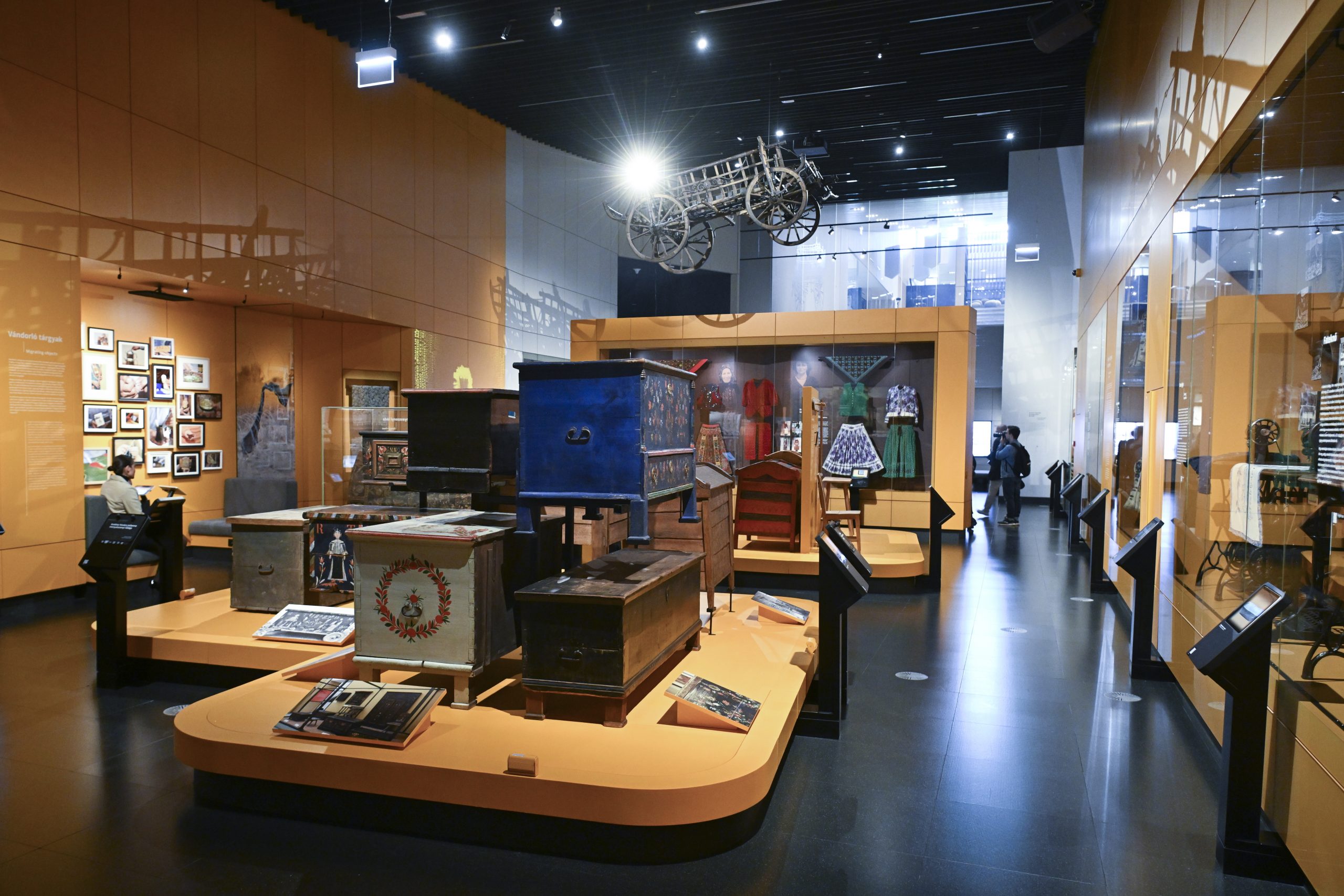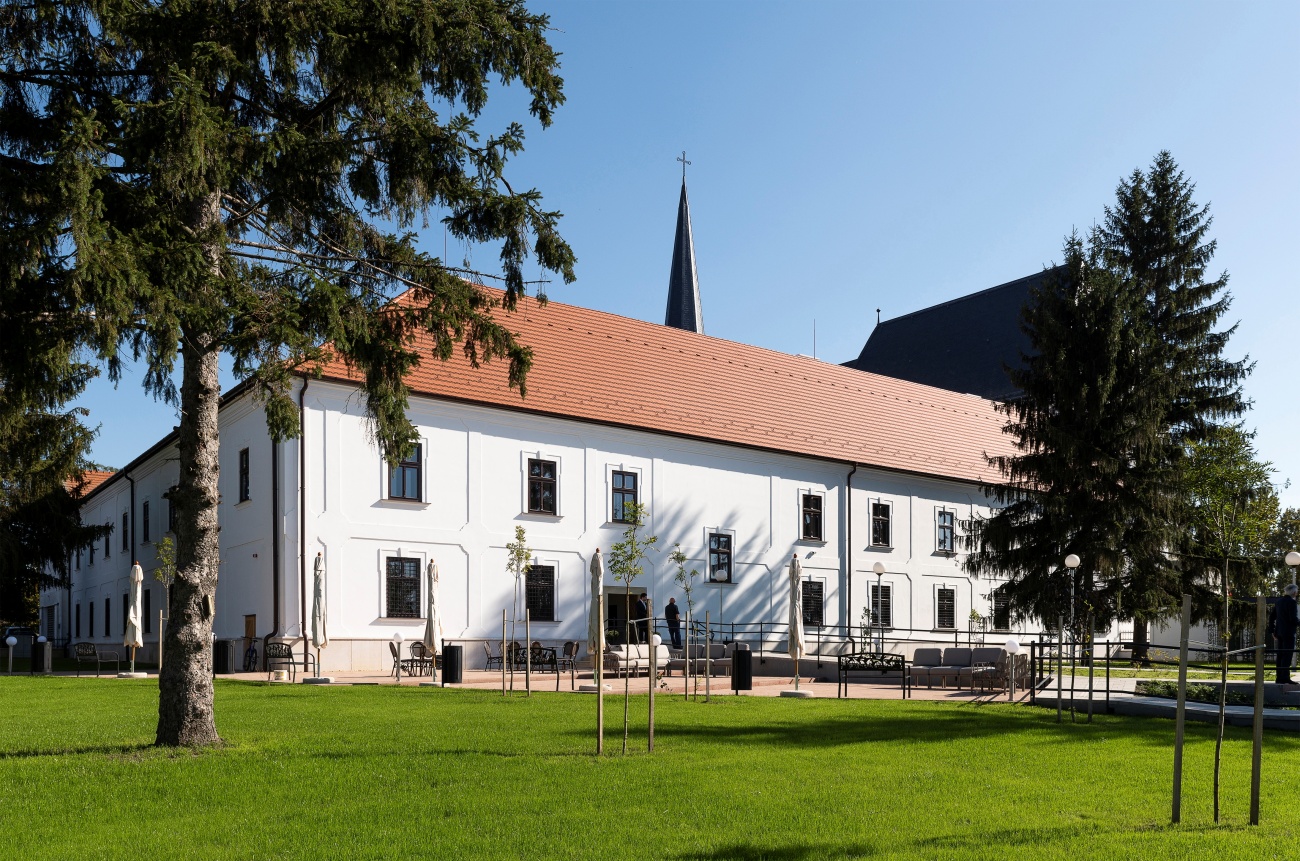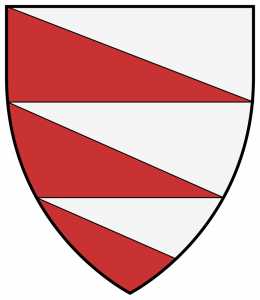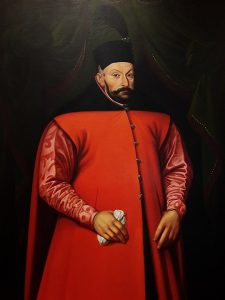
"Hungarian culture, including material culture, is the archimedean point of Hungarian life and the Hungarian future."Continue reading

The István Báthori Museum in Nyírbátor (eastern Hungary), fully renovated with a HUF 1.9B (EUR 4.8M) investment, was inaugurated on Saturday.
The museum, located in an old Minorite monastery, underwent a complete renovation, enhancing accessibility and creating visitor-friendly spaces. A new permanent exhibition, The Dragon’s Teeth: The Story of the Báthoris, features original artifacts, realistic replicas, and advanced digital tools, offering an engaging, family-friendly experience.

Coat of Arms of the Báthori family with the famous dragon tooth pattern. Picture: Wikipedia
Magdolna Závogyán, Secretary of State for Culture, highlighted that museums serve as a “bridge in strengthening local communities and shaping identity,” adding that they bear a “great professional responsibility” in attracting attention and interest.
The Secretary of State emphasized the importance of preserving the built heritage and historical past through this renovation.
The museum aims to be an international Báthori memorial site, connecting Hungarians across borders. Ms. Závogyán noted, “For centuries, the Báthori family played a leading role in the country’s history.” This renovated museum not only revives a significant historical site but also fosters cultural unity, reflecting Hungary’s commitment to its historic heritage.

A portrait of István Báthori attributed to Martin Kober (19th century copy). Picture: Wikipedia
As a key military leader, he defended Transylvania’s independence and strengthened the Polish-Lithuanian Commonwealth, notably through reforms and victories against Russia. His reign marked a period of political stability and military success, shaping the region’s history
Via MTI; Featured Image: MTI / Balázs Attila